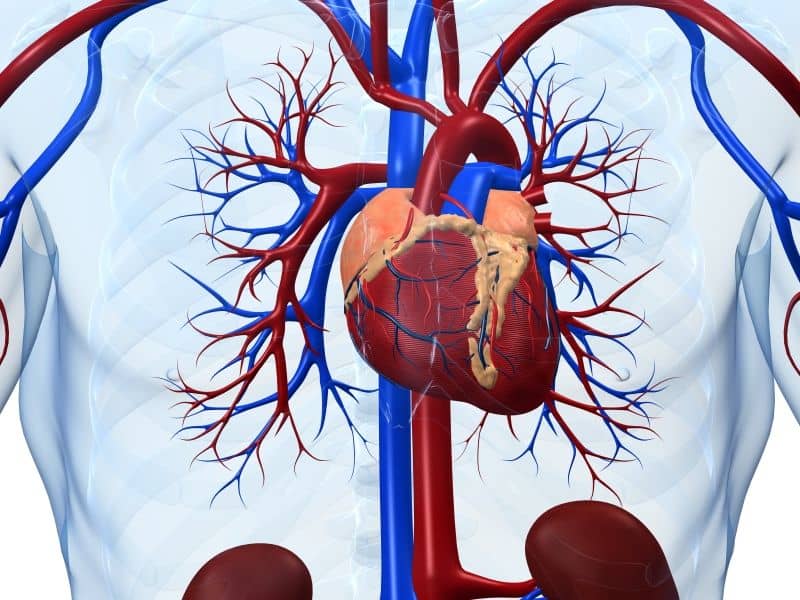Older patients are underrepresented in landmark randomized trials for stable ischemic heart disease (SIHD). Therefore, we sought to evaluate the benefits of revascularization in patients ≥80 years old with SIHD.
Retrospective study of patients undergoing invasive coronary angiography (ICA) for SIHD between 2009 and 2019. Patients were grouped according to treatment: revascularization (percutaneous coronary intervention [PCI] or coronary artery bypass grafting [CABG]) versus initial medical therapy alone. Inverse probability of treatment weighting (IPTW)-adjusted Cox proportional hazard regression analyses were performed. Outcomes evaluated were all-cause mortality, non-fatal myocardial infarction (MI), and repeat revascularization.
A total of 1015 patients (median age 83.0, interquartile range [IQR] 81.3-85.2 years; 29% female) underwent ICA for SIHD. Of these, 557 (55%) were treated with revascularization and 458 (45%) with initial medical therapy alone. Baseline characteristics were well balanced after IPTW adjustment. At median follow-up of 3.5 years (IQR 1.7-5.9 years), there were no differences in all-cause mortality and non-fatal MI between treatment groups; but there was an increased need for repeat revascularization (IPTW adjusted hazard ratio 2.22, 95% confidence interval 1.53-3.22) with revascularization. Separately comparing PCI or CABG alone versus medical therapy yielded similar results; as well as in subgroup analysis (except for patients ≥90 years old and those without prior CABG).
There were no differences in all-cause mortality and non-fatal MI with invasive revascularization (either PCI or CABG) versus medical therapy alone in patients ≥80 years old with SIHD. Large randomized trials focusing on older patients are warranted to guide clinical practice in this growing population.
© 2021 The American Geriatrics Society.
Revascularization versus medical therapy in patients aged 80 and older with stable ischemic heart disease.


